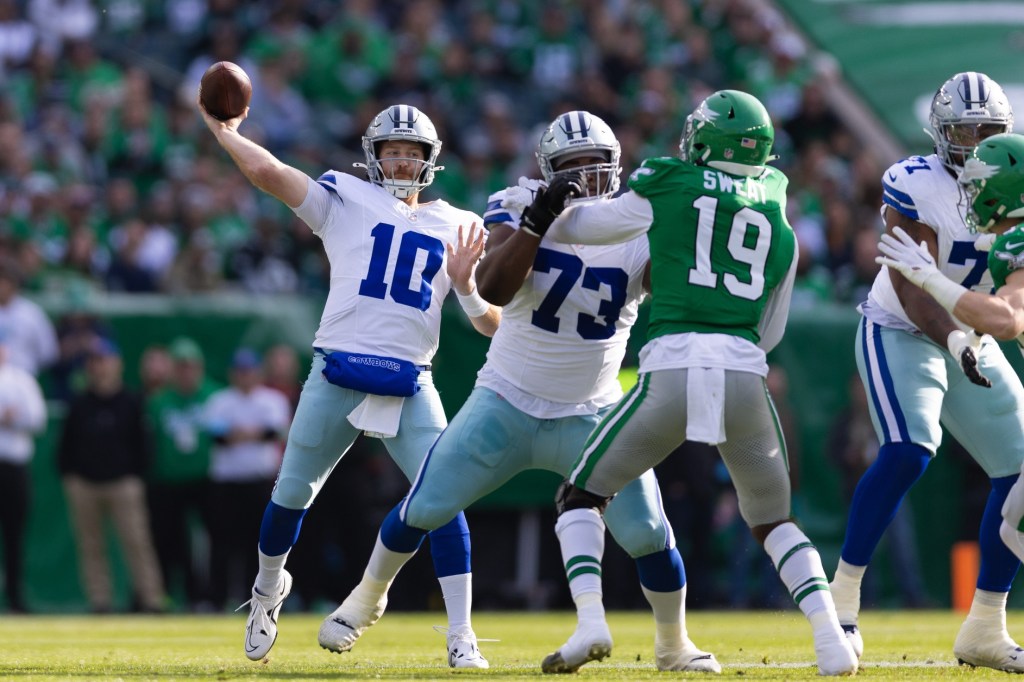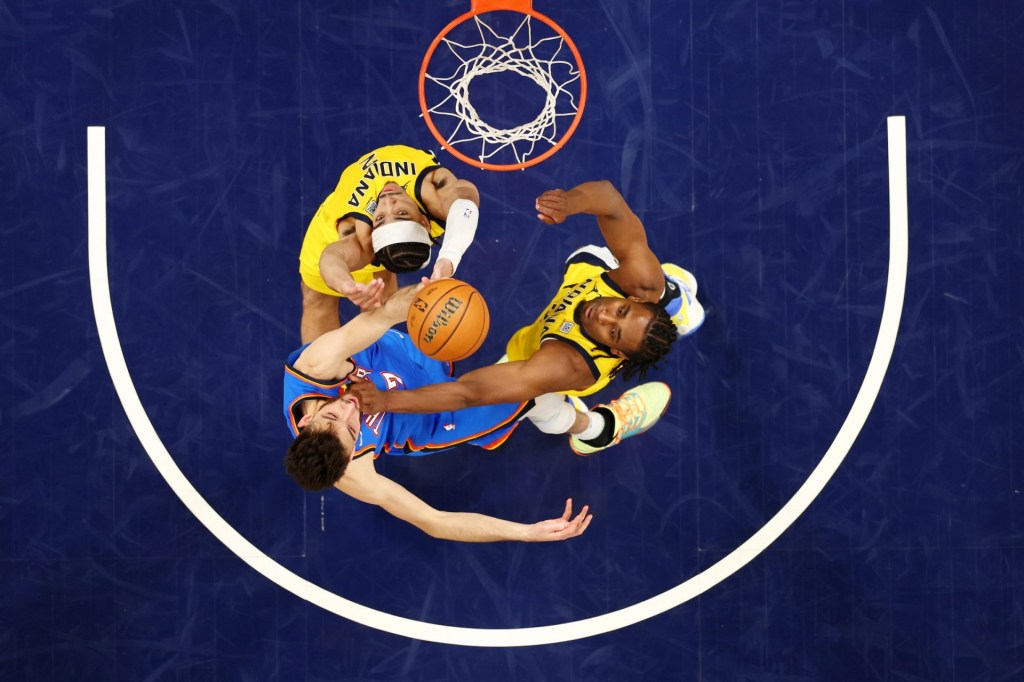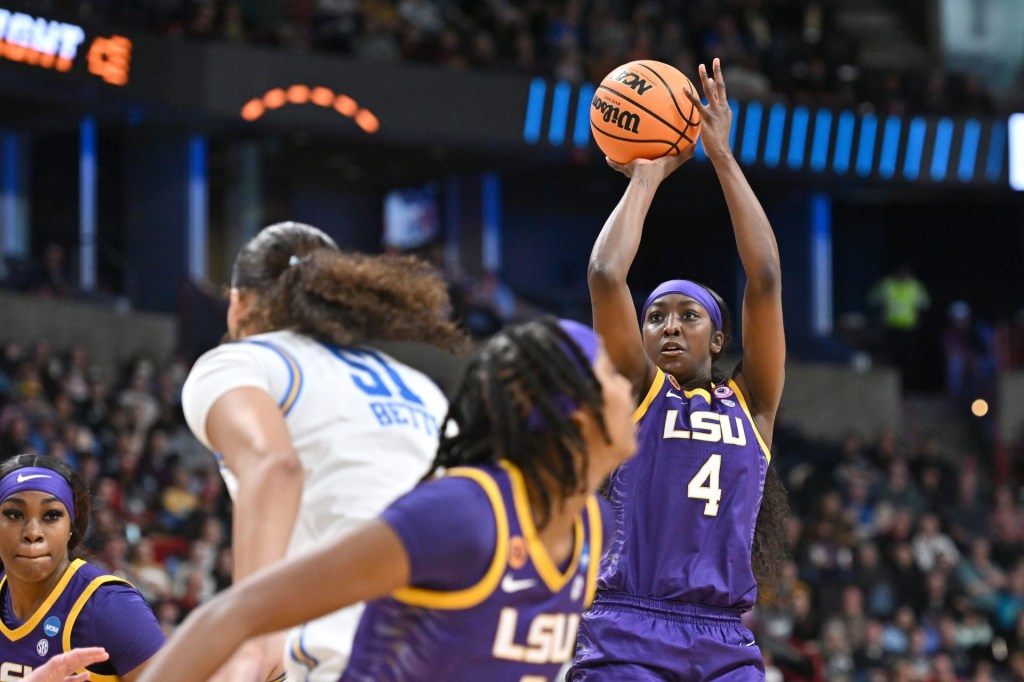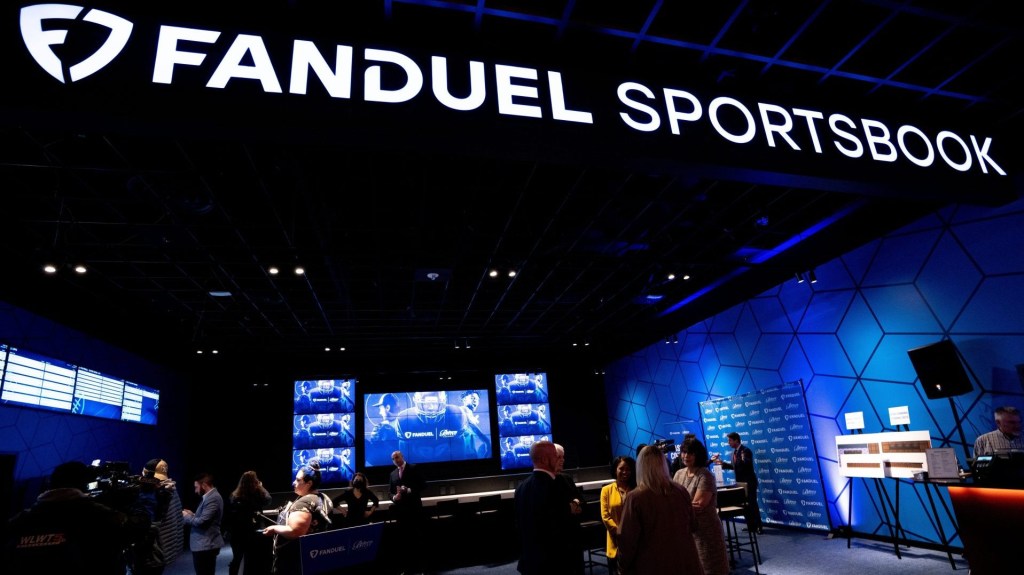
Throwing down a few bucks on your favorite horse or team has long been a way for people to enjoy extra excitement around what they are watching.
Beyond the obvious potential for financial gain, sports betting allows fans to have some “skin” in the game.
While walking up to a window, placing a bet, and then cashing it later (if you win) seems rather seamless to the end consumer, there are many different factors at play behind the scenes that make sure not only are the sportsbooks safe, but the leagues and its teams are too.
One of the companies helping do this is U.S. Integrity, a Las Vegas-based data company that provides its clients with reporting tools and analytics to allow them to detect concerns and apply best practices to ensure the highest integrity possible.
Matt Holt, the company’s president, likens the role they play to the PwC’s of the world.
“Our goal is to try to sort of be ‘Price Waterhouse’ in the middle and pull in as much data as possible and turn it into as many useful reports as possible to make sure that if things are going awry, we’re catching it early on and allowing the leagues and the sports books to get out in front of it.”
READ MORE: NHL and MGM Partnership Just Scratching the Surface of Sports Betting Potential
Specializing only in game integrity and fraud prevention consulting services, U.S. Integrity relies on its five core competencies when it comes to working with teams and leagues.
In the case of their football clients, these core competencies include line movement analysis, wagering activity report, injury/information analysis, an officials report, and then a report based on the outcome of how every play or penalty affected the outcome or spread of the game.
“All of this data is readily available to them in their dashboard, but since regulated sports betting is so new in many of these jurisdictions, we send the reports so we can walk through the data with them,” said Holt. “Our goal is to tell them what we found, why it’s important, and why it is sufficient. We have to be able to separate the white noise from the things that are actually potential integrity issues.”
[mc4wp_form id=”8260″]
Since the Supreme Court’s ruling in May to strike down PASPA, the sports betting landscape has exploded with partnerships, new states coming online, and interest from most of the big four leagues.
Still, in its infancy, Holt sees a regulated sports betting market that will continue to evolve over the next three to five years, but do so in a way that will be beneficial to all parties involved.
For himself and U.S. Integrity, the increased shift towards greater transparency is an area they are keeping a close eye on.
Likening it to the marijuana marketplace in Nevada where people can’t buy anything without a license that both identifies who they are and also helps track what it is that they are buying, Holt sees the regulated sports betting market headed that way.
“The difference in the next five years compared to what it (sports betting) was in the last 40 years will come down to transparency. You are seeing it now with sports books not allowing people to place bets as even as small as $500 or $1,000 without signing up for an account and providing certain data.”
More data equals more transparency, which equals more opportunity for companies like U.S. Integrity, which is a win for everyone involved, according to Holt.
“The more data that is available and can be monitored makes people really feel like the sports are really being monitored and that the games are really being played on a fair level. That kind of confidence turns into better and safer business for the sportsbooks. There is really nothing bad about it.”

















